November 24, 2024 | 15:06 GMT +7
November 24, 2024 | 15:06 GMT +7
Hotline: 0913.378.918
November 24, 2024 | 15:06 GMT +7
Hotline: 0913.378.918
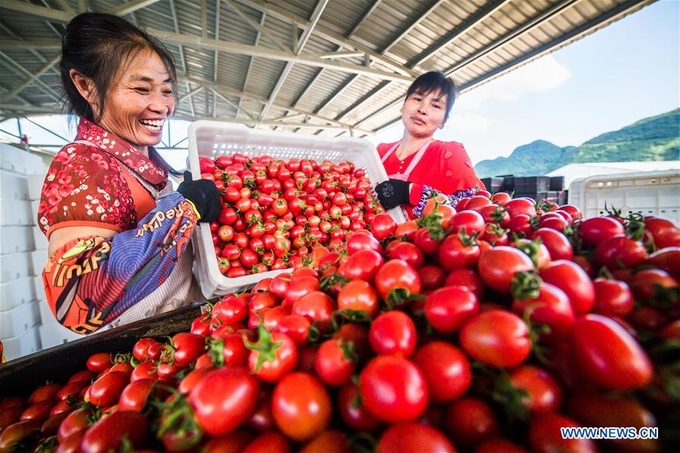
Farmers load cherry tomatoes in Dafang County of Bijie, southwest China's Guizhou Province, July 18, 2018. Farmers in Bijie County are busy collecting cherry tomatoes during the harvest season. Photo: Xinhua.
Many people share a nostalgia for the rich, classic flavor of tomatoes from their childhood. This longing is largely due to modern breeding techniques that prioritize high yields, often at the expense of the genetic factors that contribute to a tomato's taste.
However, a Chinese team has discovered a way to genetically release the tomato's sugar brake without sacrificing yield. This exciting development means that sweeter, juicier tomatoes may soon make a comeback in supermarkets.
The researchers from the Chinese Academy of Agricultural Sciences conducted taste tests on over 100 varieties of tomatoes and identified 33 flavor compounds that affect consumer preferences.
They then analyzed the content of these flavor compounds in more than 400 tomato samples from around the world and conducted genomic sequencing.
This led to the discovery of 49 genes that influence flavor, including two that regulate sugar content.
By simply knocking out two genes, glucose levels in the fruit increased by up to 30 percent. This modification could also have a similar effect on the glucose and fructose levels of mass-produced tomatoes. As a result, suppliers can sell sweeter tomatoes without having to worry about a decrease in weight or yield, according to a study published in the journal Nature last week.
The result raises the possibility of "using the great genetic diversity existing in wild species, which has been partially lost in domesticated varieties, to improve modern varieties," commented Christophe Rothan, a fruit biologist at the French National Institute of Agricultural Research, in a viewpoint article.
It is also an important step forward in "understanding how fruits produce and store sugar", according to the article.
(Chinadaily)
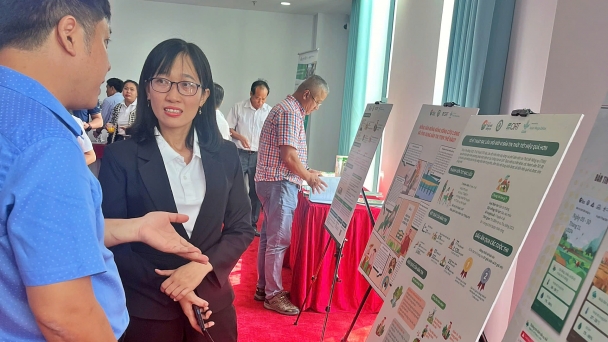
(VAN) Despite proving beneficial to farmers in weather forecasting, pest and disease forecasting, decision support, etc., digital services in agriculture still need more time to become more sustainable, especially when adapting to emerging challenges.

(VAN) The World Bank (WB) has identified numerous obstacles that Vietnam encounters as a result of its continuous export-oriented growth strategy.
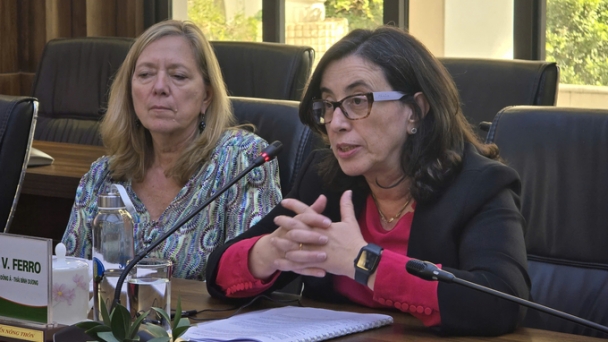
(VAN) On November 22, Minister of Agriculture and Rural Development Le Minh Hoan met with Manuela V. Ferro, the World Bank's Regional Vice President.
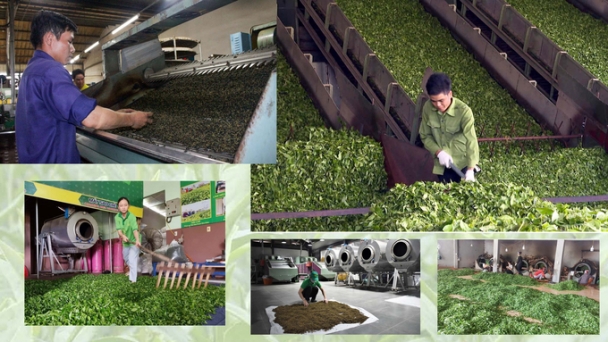
(VAN) Investing comprehensively in technology, Vietnam's exported tea can enhance its competitiveness and establish its position in the international market.
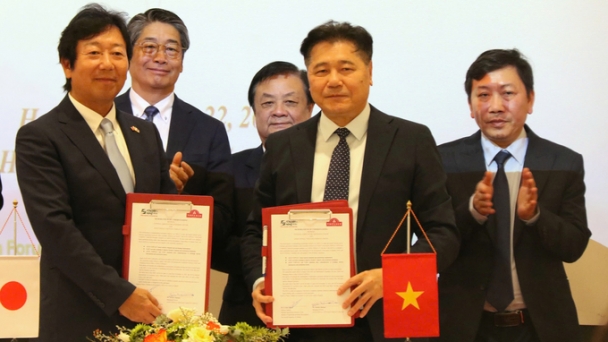
(VAN) The National Agricultural Extension Center signed a memorandum of understanding with AEON TOPVALU Vietnam Co., Ltd on November 22.
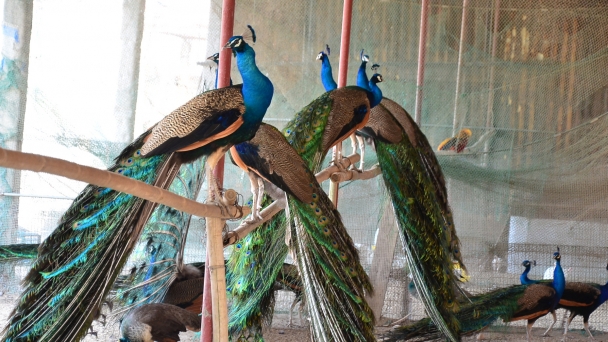
(VAN) Peafowl is currently raised in many eco-tourism areas. Because of daily contact with tourists, disease prevention is considered extremely important.